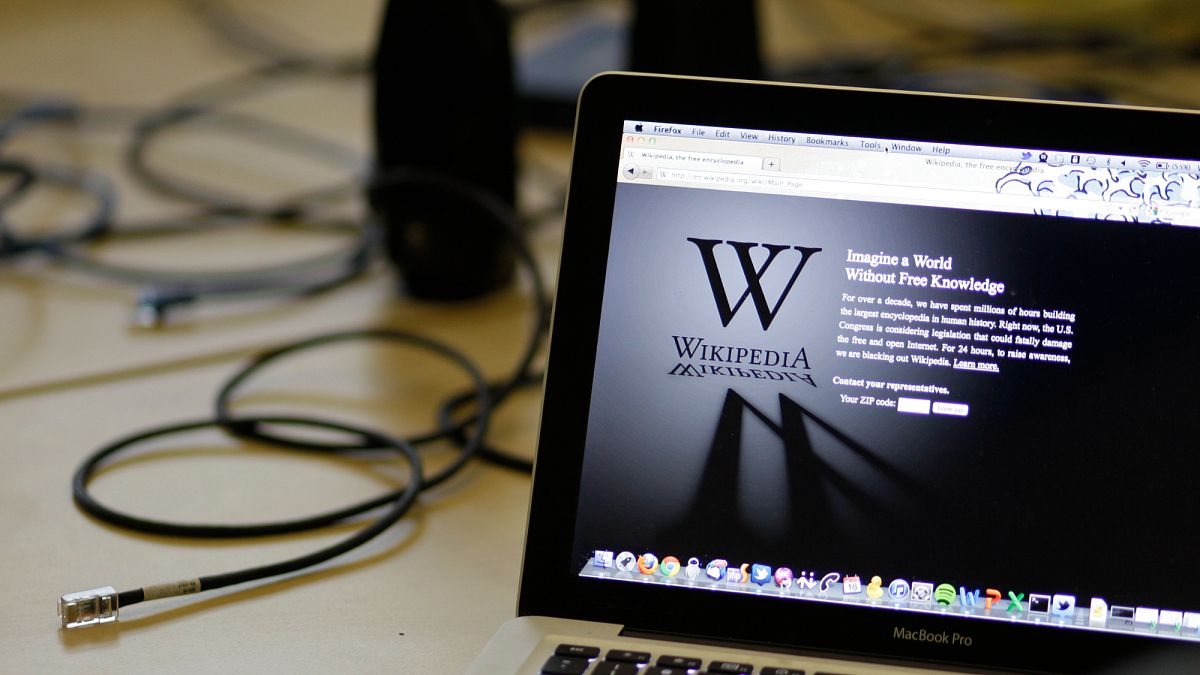Published on
The foundation behind the crowdsourced information site Wikipedia will argue in British court this week that new legislation threatens its operations.
The Wikimedia Foundation will tell London’s Royal Courts of Justice on July 22nd that the regulations under the UK’s Online Safety Act (OSA) put it at “unacceptable risk” of being subject to Category 1 duties as a “high-risk site”.
Websites with this designation have many more responsibilities under the OSA than their peers, including the need to verify their contributors.
That would mean Wikipedia would have to identify the “thousands” of Wikipedia volunteers in the UK that edit and contribute to its pages, something which would “undermine the[ir] privacy and safety”.
It could also expose the website’s contributors to “data breaches, stalking, lawsuits or even imprisonment by authoritarian regimes,” the Wikimedia Foundation wrote in a statement.
Stephen LaPorte, general counsel at the Wikimedia Foundation, said in a press release that the court could set “a global precedent for protecting public interest projects online,” if it rules favourably in this case.
Wikimedia says the lawsuit is the last step after several years of engagement with British lawmakers in an attempt to fix the scope of the regulations.
What is the case arguing?
The case is not being launched against the OSA in general, just a small set of additional regulations called the Categorisation Regulations.
“We do not dispute the need for sensible online regulation … but for services like Wikipedia to thrive, it is essential that new laws do not endanger charities and public interest projects,” Phil Bradley-Schmieg, Wikimedia’s lead counsel, wrote in a blog post.
As a “Category 1” site under the regulations, Wikipedia is then subjected to many “burdensome” requirements that it argues will affect the quality of its site, Bradley-Schmieg added.
He argued that the regulations, along with a sister piece of legislation, could force “potentially malicious” users to block any unverified users from fixing or removing content they post.
This could result in “significant amounts of vandalism, disinformation or abuse going unchecked on Wikipedia,” the blog post added.
Wikipedia also relies on a “content recommender system” or algorithm to suggest what sites a user could be interested in, which Bradley-Schmieg believes is enough to land them “Category 1” status.
What that means is some of their tools that use algorithms to fight “harmful content,” like the New Pages Feed that keeps track of pages that are ready to be reviewed or Translation Recommendations, which help their volunteers translate text, could be at risk.
The regulations also designate Category 1 sites as those that receive more than 34 million monthly views. Wikipedia gets 11 billion global views a month (Wikipedia puts this number at 15 billion) with 844 million of them coming from the UK, according to web analytics website Analyzify.
The OSA regulations “seemingly do not differentiate between users who visit the site just once a month … versus those who spend hours each day ‘doomscrolling’ potentially harmful content on social media,” Bradley-Schmieg argued.

